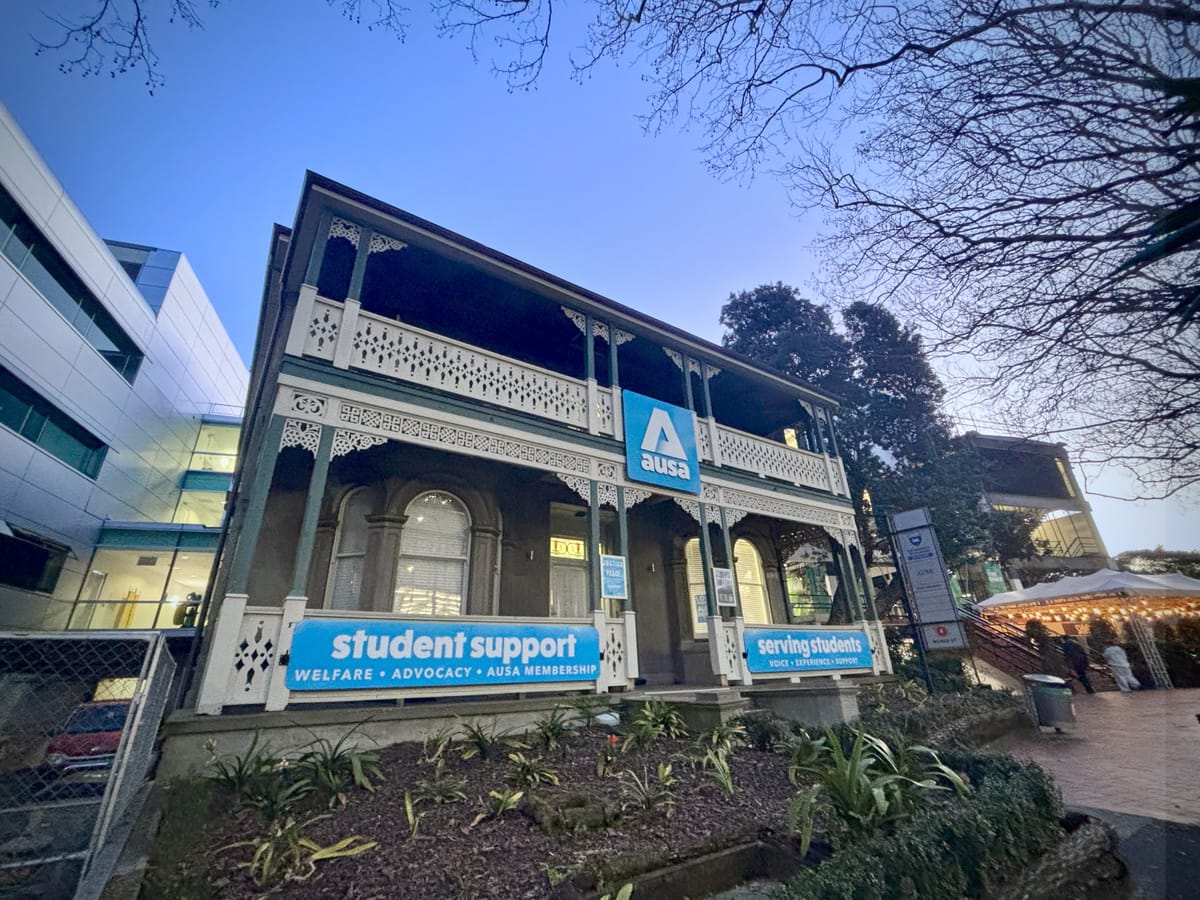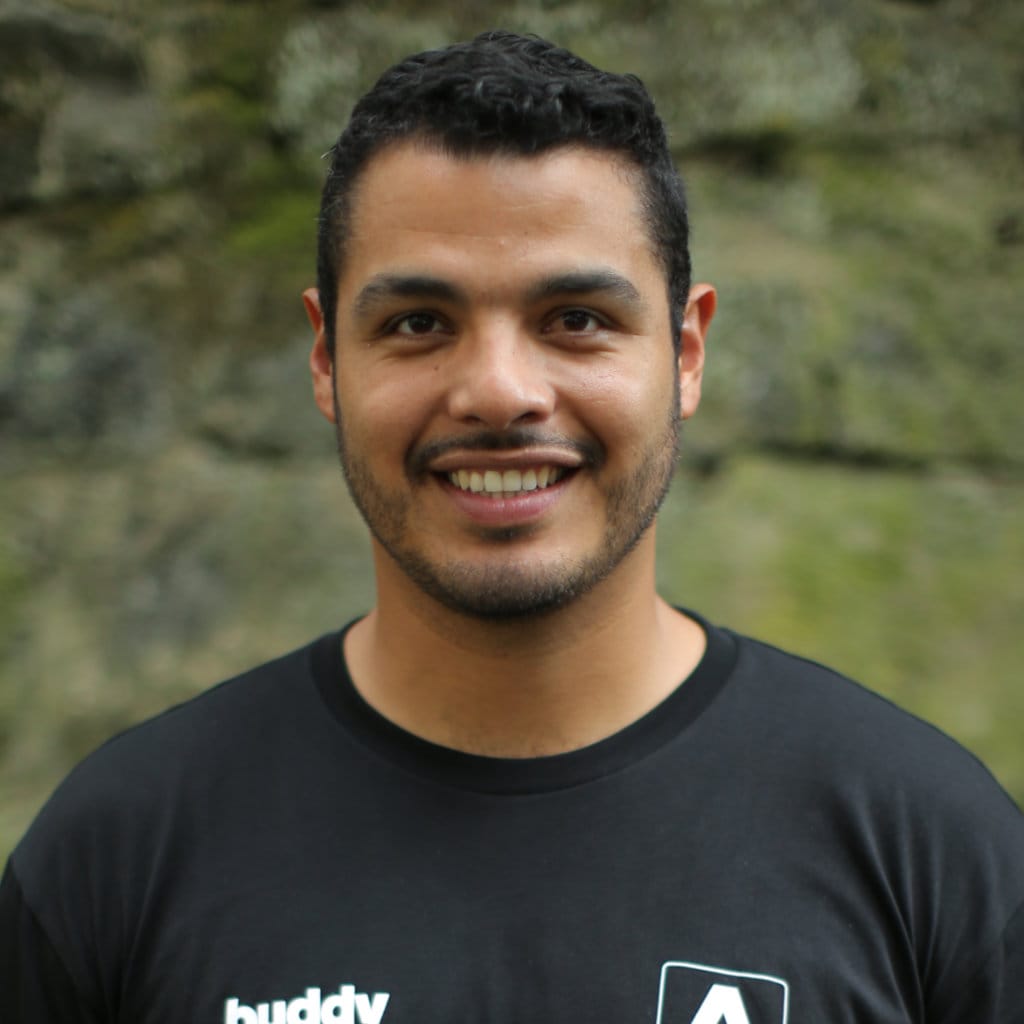"Editorial Independence?" | AUSA Staff Pause Craccum Election Coverage
A non-student AUSA staff member pressured the student magazine to hold back interview coverage, saying it was 'unfair'.

Editor’s Note: This article concerns editorial independence and student democracy. It does not relate to an employer–employee dispute and is not subject to legal privilege. It reflects Craccum’s role as an independent student publication exercising its responsibility as part of the fourth estate. All information referenced comes from documented communications and verified sources, with AUSA offered a right of reply.
Tuesday, 26 August — AUSA Student Voice Manager, Mauricio Lozano, told Craccum staff to suspend further AUSA election coverage, citing concerns that interviews were not being offered and published on an equitable basis to all candidates.
Lozano said it was "unfair" to publish an interview with one candidate while invitations to others were still pending. A candidate was said to have raised this concern. “It’s not really fair with all the other candidates,” he told Craccum staff, arguing that the publication schedule could deprive some candidates of equal mileage.
He alludes to Item 12 of the Election Rules and Procedure, which states: “No candidate may use AUSA resources—including social media accounts, mailing lists, or other official platforms—to support their campaign unless those resources are made equally accessible to all candidates….”
Earlier, three candidate interviews slated for publication were pulled after AUSA invoked the same rule.
Lozano told Craccum staff that he can confirm that he “did not receive any request” and provided why these contacts were needed. He adds that his office is committed to holding the University and AUSA to account.
Lozano sent the candidates’ contact list to Craccum in the morning of 20 August, after the election week commenced.
The Craccum staff attributed this problem of inequitable election coverage to AUSA’s delayed disclosure of candidates’ contact details. Craccum requested the candidates' contact information on 30 July through an email to AUSA, which included Lozano.
On 26th August, Craccum informed all the candidates to pause their upcoming interviews in compliance with AUSA's Advice in good faith.
Lee Li told Craccum that, as a student press, the team was disappointed not to have been looped in earlier on election coverage, given limited staffing. “At the moment, I’m the only one editing online articles,” she adds.
Li opined that “if there is editorial independence, we should never end up like this position to ask what we can post or not and have someone outside our editorial team to sign it off.”

More on AUSA Oversight and Authority over Craccum
The AUSA Constitution (s 45) affirms Craccum editors have “complete editorial independence… insofar as… does not result in legal, reputational and/or financial trouble for the Association.”
Craccum Co-Editors say their contracts replicate s 45’s ‘reputational’ limitation, which allows dismissal without notice for breaches. It is not clear if Craccum and critical reporting about AUSA could be treated as a breach of Contract and grounds for dismissal without notice.
According to s 43(2)(a)(iv) of the AUSA Constitution, the Craccum Administration Board (CAB) is responsible for “ensuring that Craccum observes best practice editorial and technical standards.”
The CAB has five members, which include (s 44): the Engagement Vice-President (Kalana Piramanage); Association Secretary (David Fulton); the incumbent co-Editors of Craccum (Harry Sutton, Lewis Creed, and Lee Li); a University Academic member (Toni Bruce); and an independent industry expert (vacant).
The latter two are appointed by resolution whereby the Executive is the appointing authority (s 44(3)).
Mauricio Lozano, the Student Voice Department Manager, is not a CAB member nor its official representative, and his advice to pause coverage has prompted questions internally about whether the correct governance protocols were followed with AUSA's decision to stop Craccum's coverage and whether this step encroached on Craccum’s journalistic independence and freedom of expression during the election.
All CAB members were approached for comment. As of writing, no member of the CAB has confirmed that they instructed Lozano to issue the pause order on Craccum.
Craccum has reached out to Lozano for further clarification and comments. He has yet to respond to us.
Craccum intends to follow up on this story to clarify the relationship between AUSA and Craccum once more information is made available.





